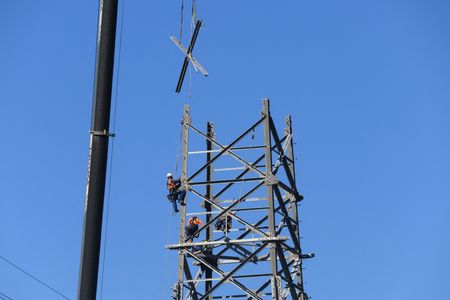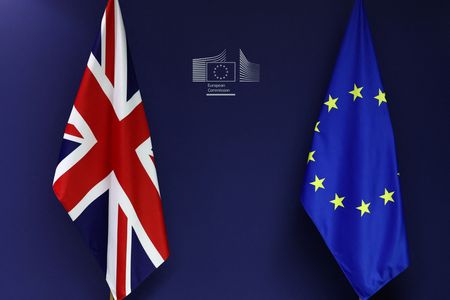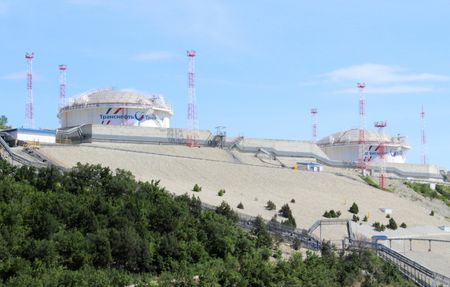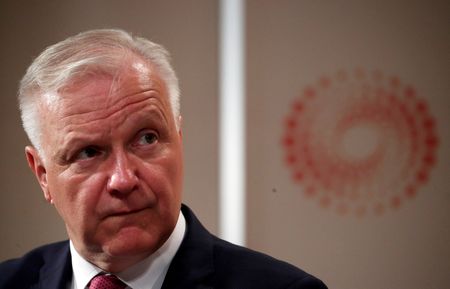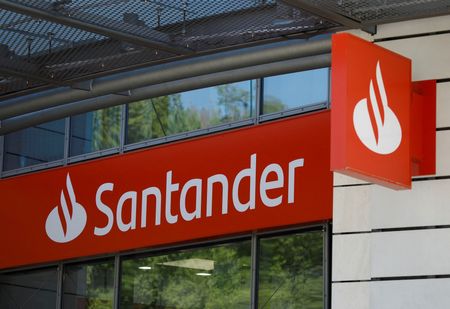By Kate Abnett
BRUSSELS (Reuters) -Germany should consider splitting its electricity market into up to five price zones to better reflect the different costs across the country, Europe’s association of power grid operators (ENTSO-E) said in a report on Monday.
Germany is a single large power market zone, with a unified wholesale price. However, congestion on Germany’s grid, which lacks connections to move power from the wind-rich north to consumption centres in the south, has increased calls for a split into at least two zones, to stop high prices in one region bleeding across the entire country.
ENTSO-E said its analysis of various options for splitting Germany’s market, which also includes Luxembourg, suggested all would yield economic benefits, adding that a split into five bidding zones would deliver the biggest benefits, of 339 million euros ($385 million) for 2025.
Splitting the market could lower prices in the north, where cheap renewable energy is abundant, but it could also lead to higher prices in the south, where much of Germany’s heavy industry is located, ENTSO-E added.
The issue has disrupted infrastructure projects as Sweden, whose electricity market is already split into four zones, said in June it would not approve a new power cable connecting the south of the country to Germany unless Berlin reorganises the German market.
EU countries have six months to decide how to respond to ENTSO-E’s findings and the European Commission can intervene with a proposal on whether to amend the bidding zones if member states cannot agree how to proceed.
Germany’s new coalition government has said it opposes splitting up the power market, which it fears could increase prices in the south and impact industrial activity.
Germany’s main transmission operators 50hertz, Amprion, TenneT and TransnetBW backed that stance on Monday, saying that the study’s findings were insufficient to justify splitting the German-Luxembourg bidding zone and cautioning that a split would reduce market liquidity and drive up costs.
They said that the predicted benefits were minimal compared to overall system costs and criticised the report for relying on outdated data that failed to account for key future developments, such as new power lines and the expansion of renewable energy.
($1 = 0.8804 euros)
(Reporting by Kate Abnett and Riham Alkousaa. Editing by Mark Potter)

